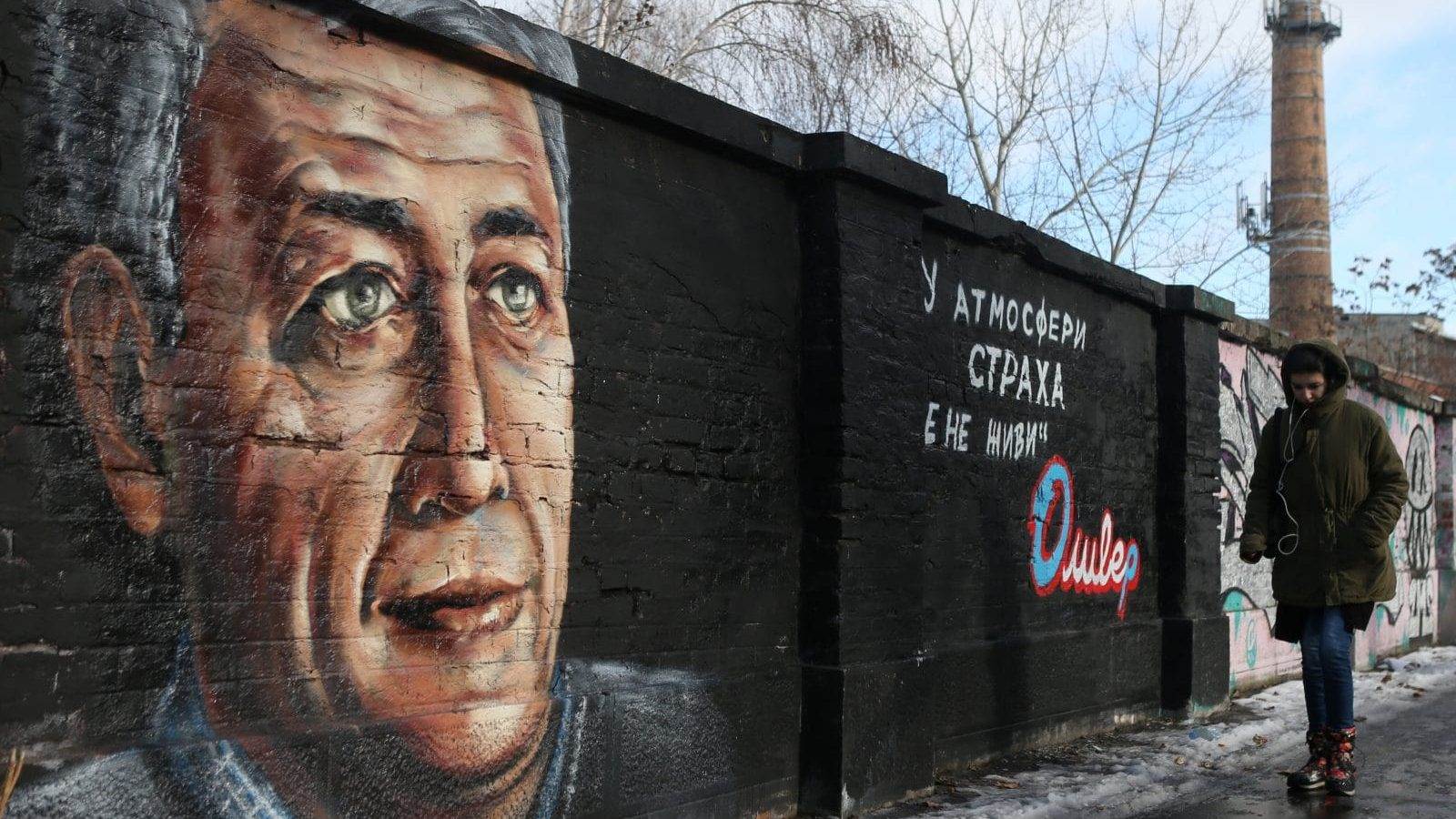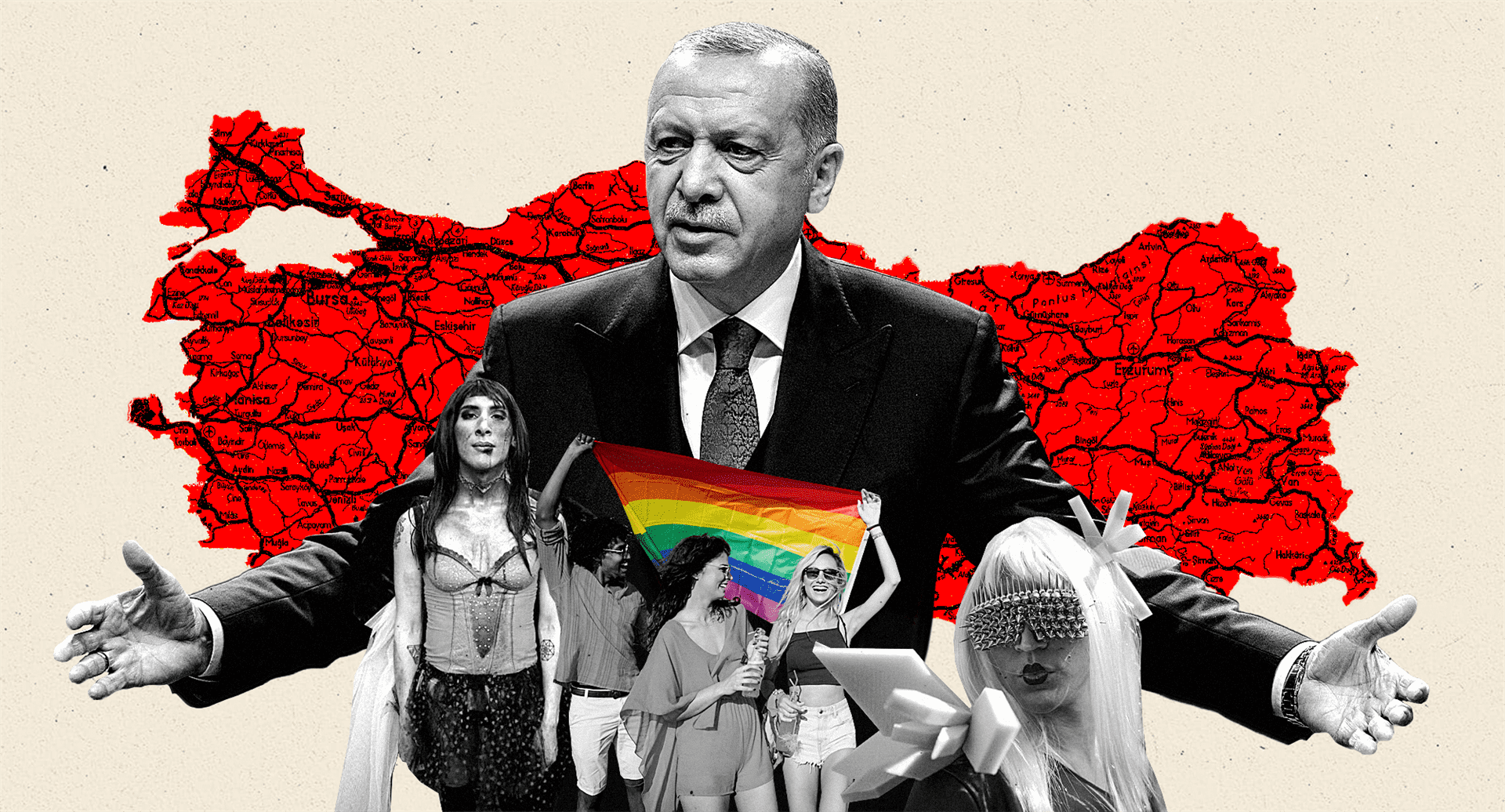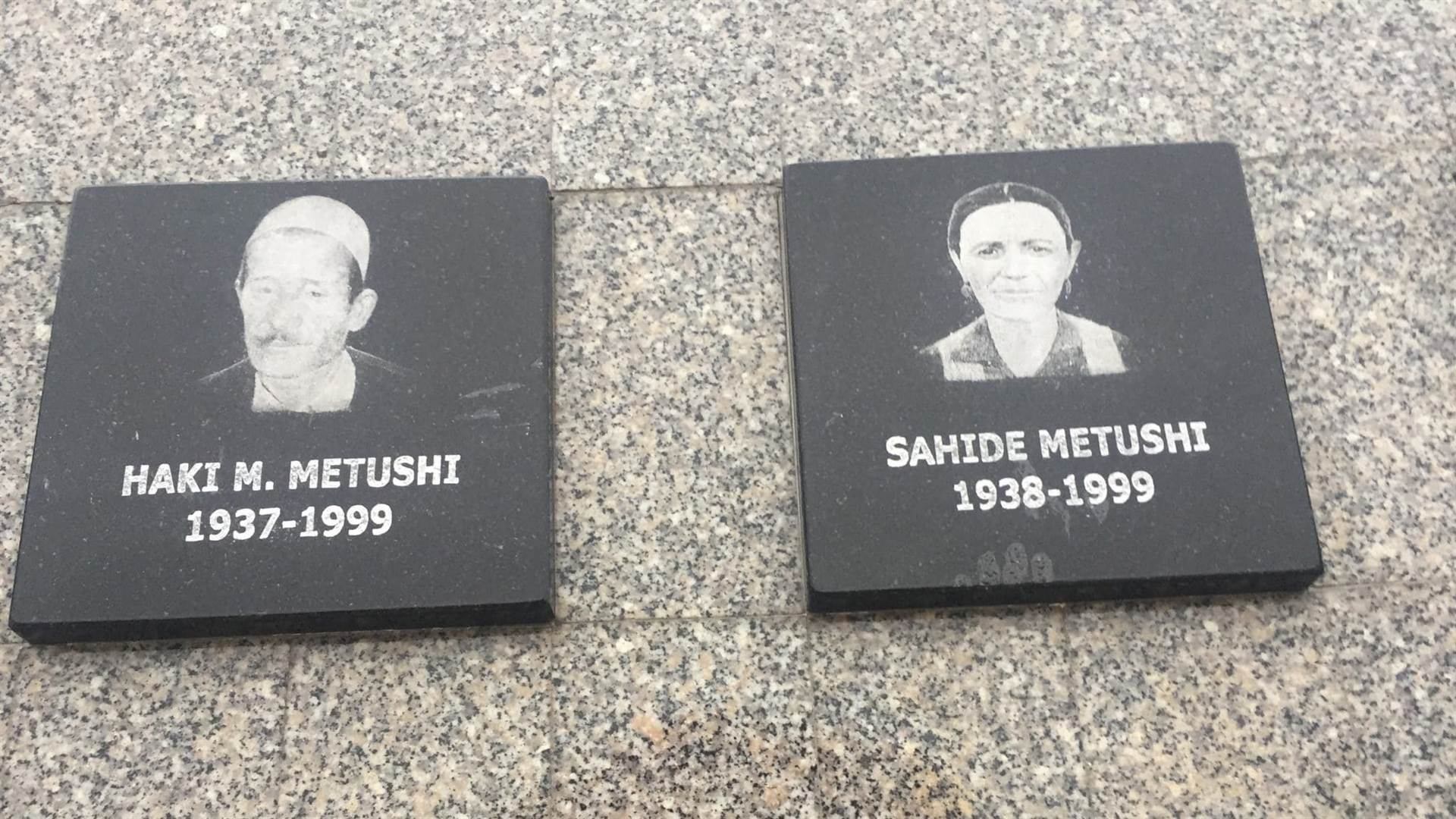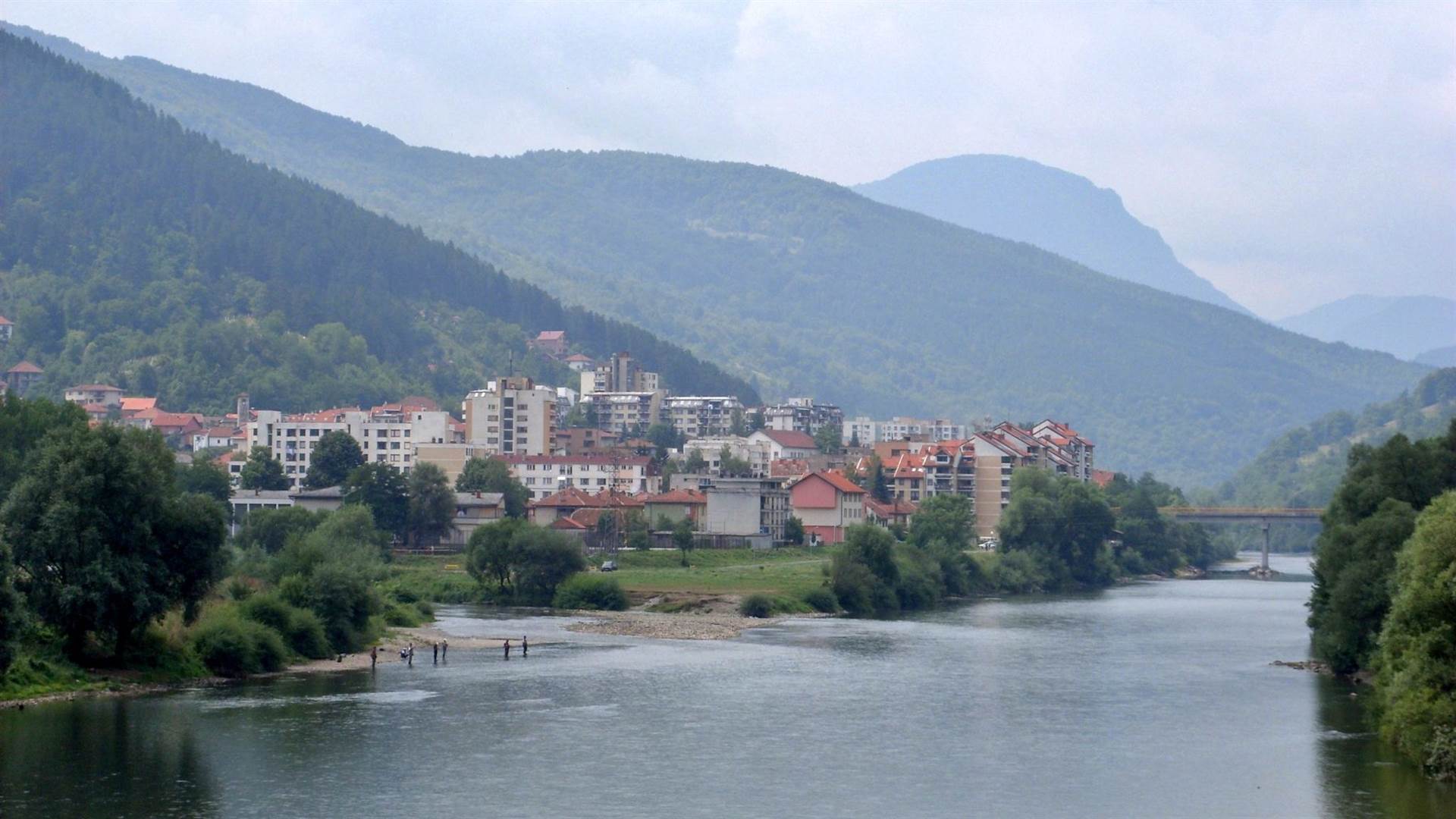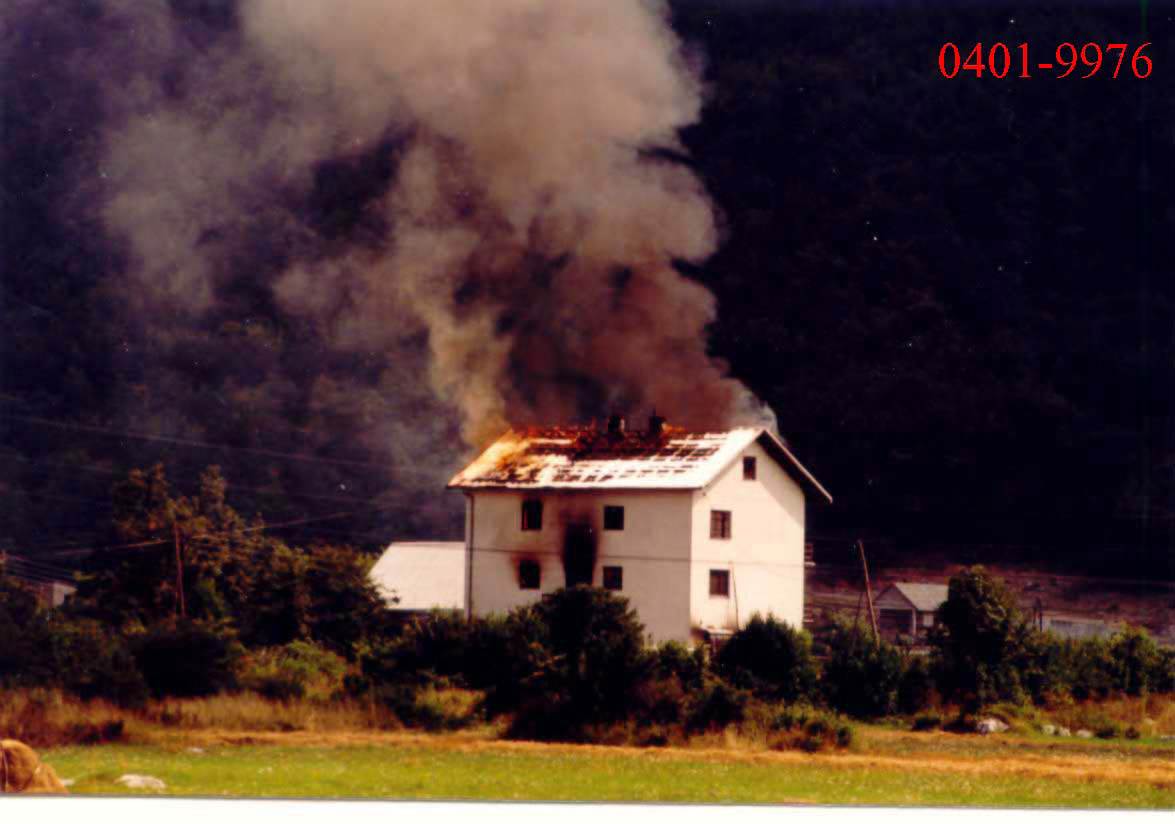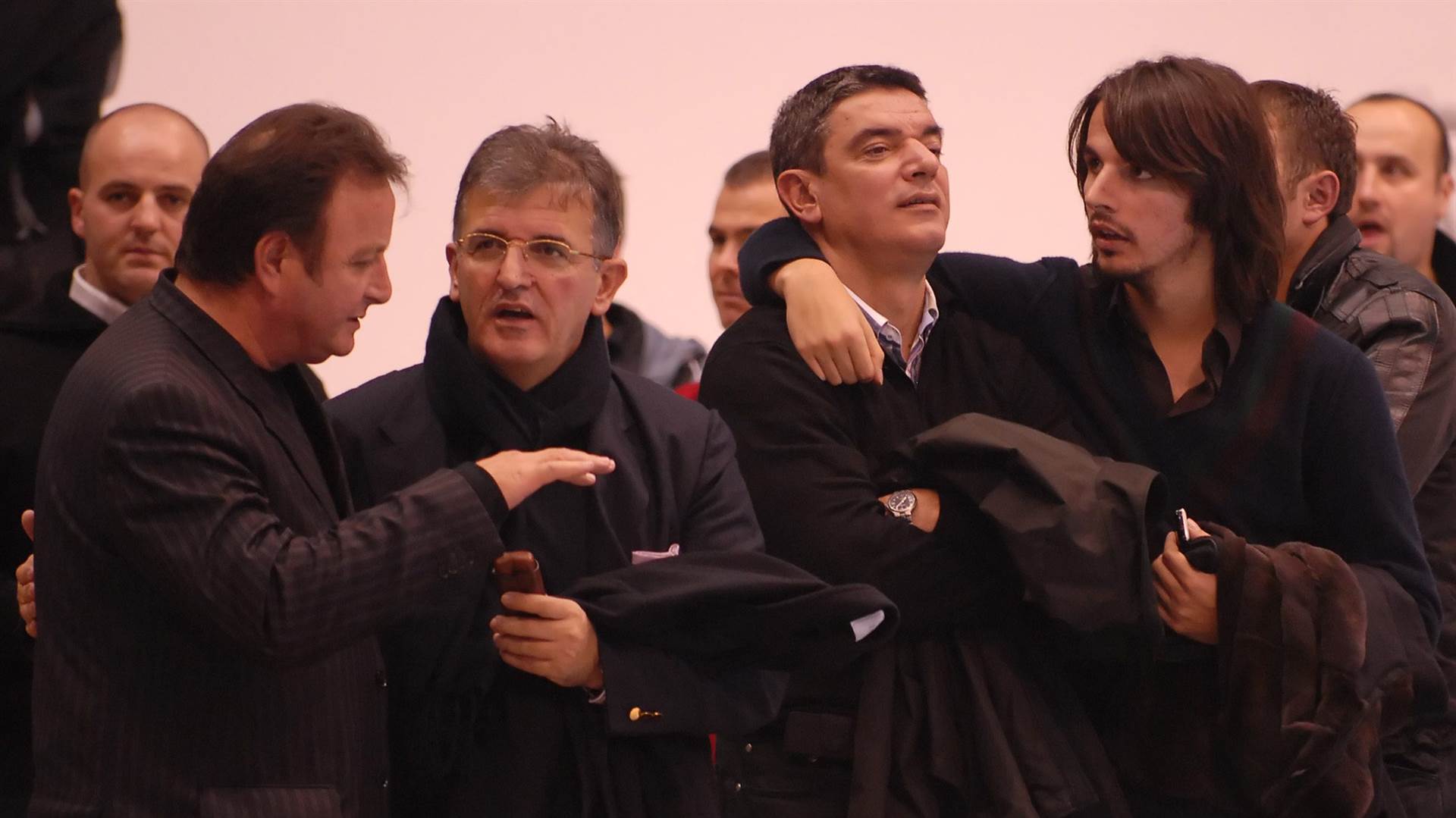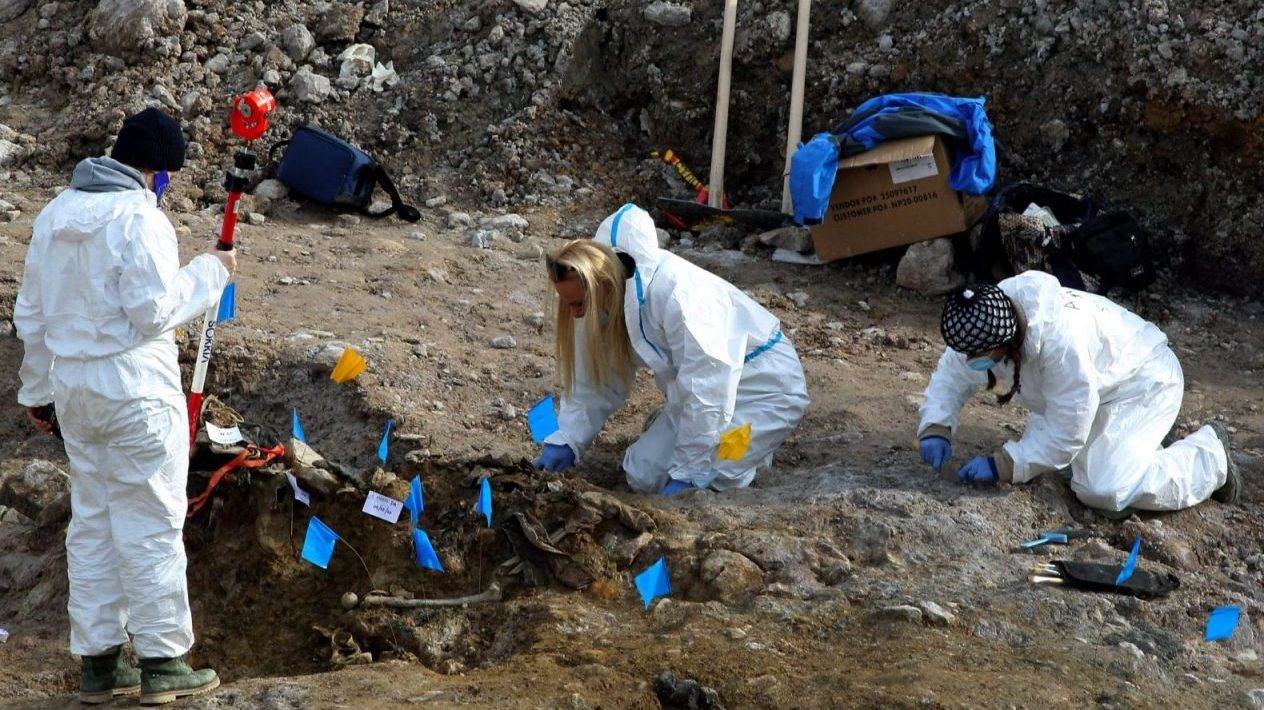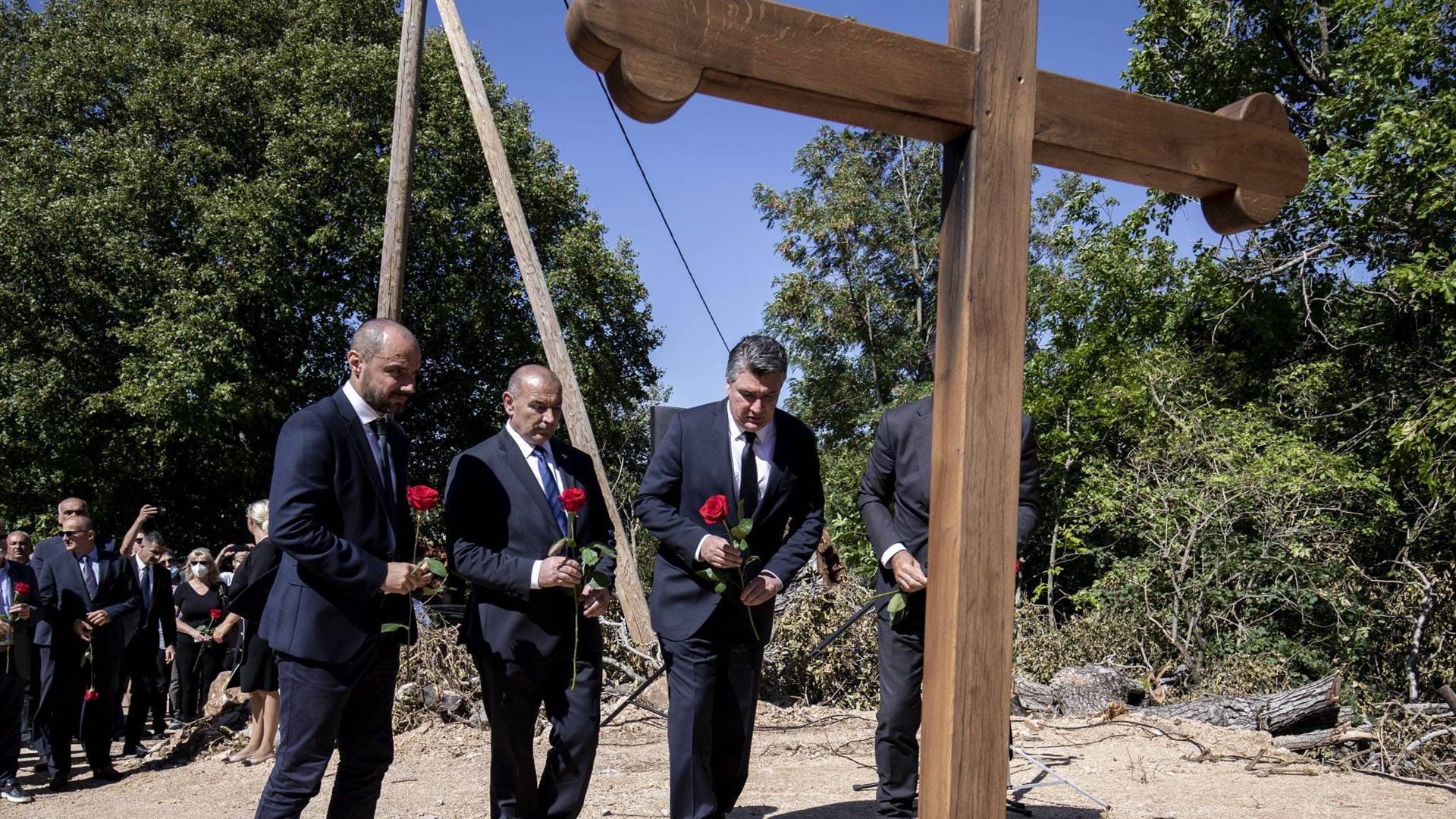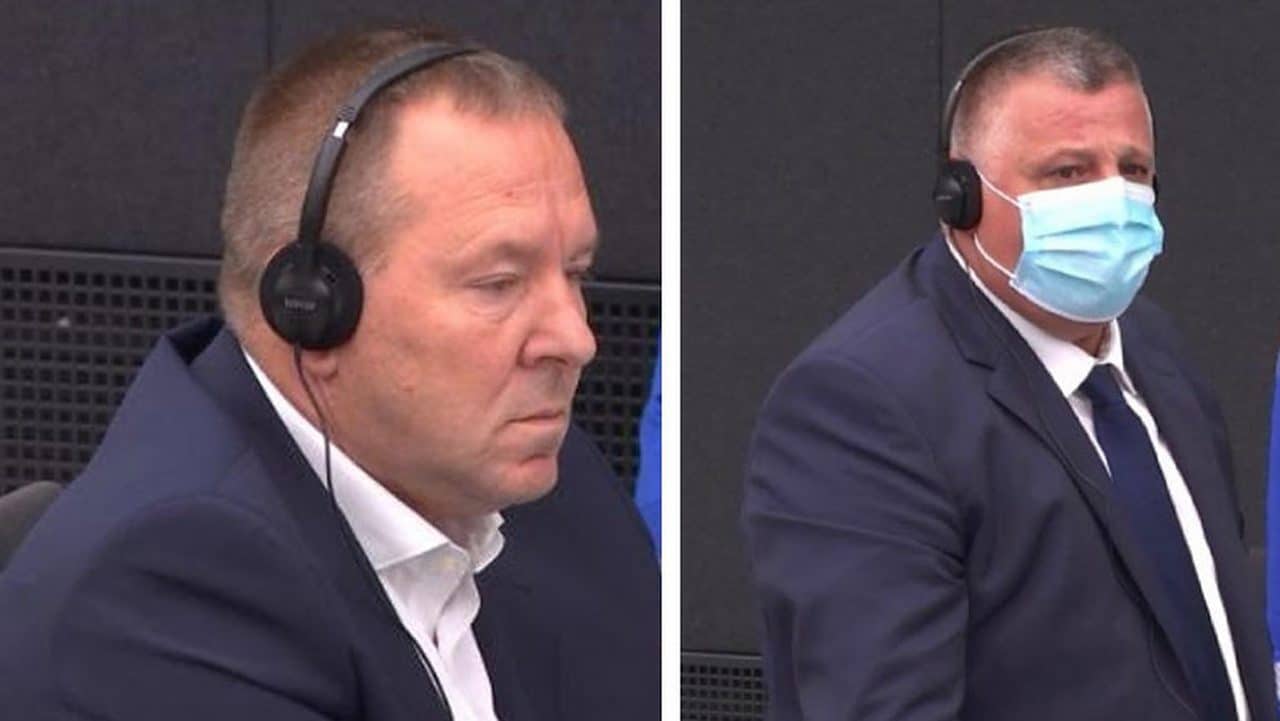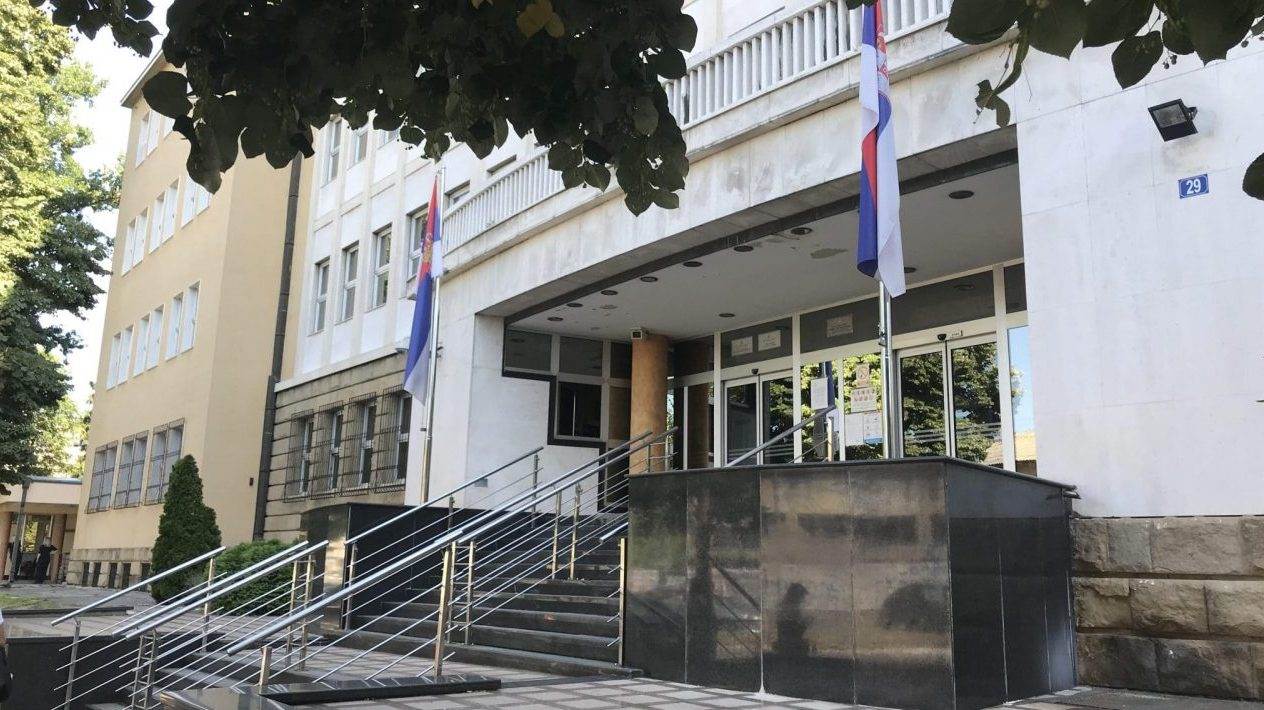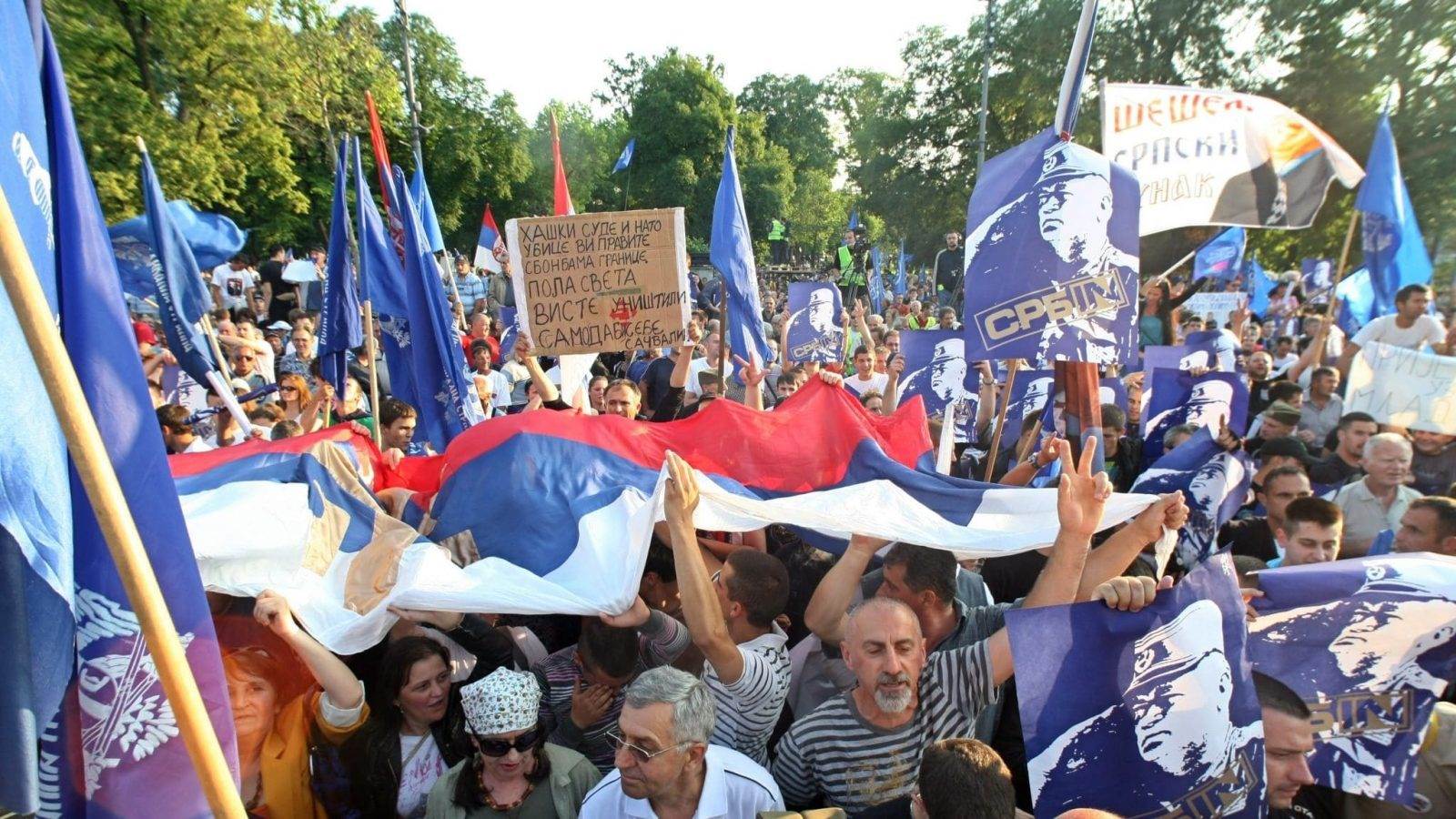Three years after the assassination of Kosovo Serb opposition party leader Oliver Ivanovic, the still-unsolved murder case is plagued by claims of political interference, obstruction of investigators, concealment of evidence...
The fallout from the COVID-19 pandemic has been felt acutely by Turkey’s LGBT community, in terms of employment, income, hate speech, violence and discrimination.
Ahead of the anniversary of the killings of 45 Kosovo Albanians in Recak/Racak in 1999 - a massacre that helped motivate NATO’s bombing of Yugoslavia - the son of a...
Research into verdicts handed down by the Hague war crime tribunal and domestic courts in the former Yugoslavia shows previously unresearched links between wartime sexual violence and trafficking - as...
Research in the archives of the Hague Tribunal shows how economic violence like theft and property expropriation was committed against civilians during the 1990s wars as well as other grave...
Kosovo experienced a watershed moment in 2020 when four guerrilla leaders who became political heavyweights in the post-war years, including President Hashim Thaci, were sent to stand trial for wartime...
Since fleeing a prison sentence in Montenegro in 2016, Milos Marovic, the son of fugitive Montenegrin former politician Svetozar Marovic, has built up agricultural land holdings in Serbia worth more...
The head of Kosovo’s Missing Persons Commission told BIRN that 11 war victims’ remains were exhumed this year, but many more remain to be found at hidden grave sites in...
The absence of nationalist gestures at state commemorations of war anniversaries and the reconciliatory rhetoric used by some Croatian officials offered some hope in 2020, but little progress was made...
The Kosovo Specialist Chambers confirmed the indictment of the leaders of the Kosovo Liberation Army War Veterans’ Organisation, Hysni Gucati and Nasim Haradinaj, for obstructing justice and intimidating witnesses.
A court in Belgrade convicted former Yugoslav People’s Army military policeman Bosko Soldatovic of killing nine Albanian civilians during the war in Croatia in 1991.
The International Residual Mechanism for Criminal Tribunals in The Hague has repeated its demand for Serbia to arrest two Serbian Radical Party politicians and send them to stand trial for...

